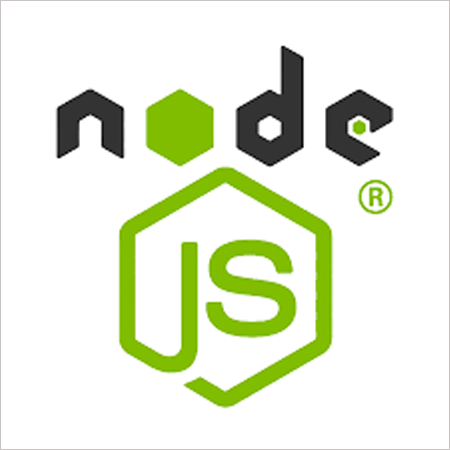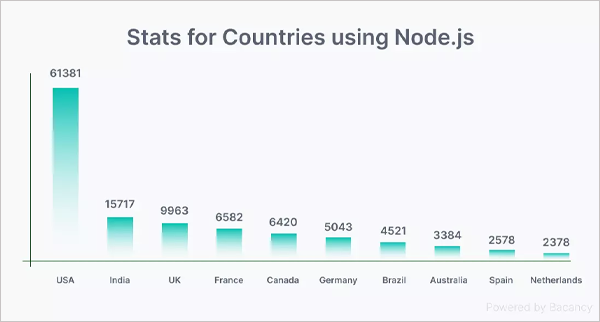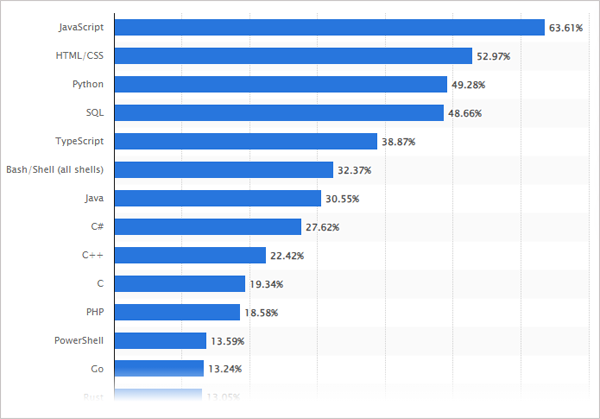Node.js and Java are the two crucial backend technologies that have gained immense fame among developers. However, this fame has left programmers in confusion over which technology to use for backend tasks.
To address this dilemma, we have compiled this guide to Node.js vs. Java. We’ll learn about Node.js and Java, their pros and cons, and the key differences.
Ultimately, this post will help you decide on the technology that best suits your application and its requirements. So, let’s dive straight in!
If you need more information, don’t hesitate to click here: https://keenethics.com/services-web-development-node.

Node.js is an open-source cross-platform web development framework for JavaScript that allows programmers to write JavaScript on the client and server sides. It is based on Chrome V8, a JavaScript engine that interprets JavaScript calls into machine codes.
Let’s explore the features of Node.js in a bit more detail to learn how it operates:
Due to its simplicity and user-friendly nature, it has gained fame among large media services, like Netflix, Uber, PayPal, and eBay. It is also being used in various countries, especially the USA, as shown in the image below.

The above statistics show the countries using Node.js.
Moving on, let’s take a look at the pros and cons of Node.js.
Node.js is a perfect choice if you are looking to build highly responsive applications within a short time. However, it might not be able to process the heavy computational tasks, so you should plan accordingly.
Now that we’ve familiarized ourselves with Node.js, let’s understand Java!

Java is an object-oriented, general-purpose programming language that has now become one of the top programming languages for the development of Android apps. It was also recorded as the most popular programming language in 2023 by Statista, as shown in the image below.

The above statistics show that Java was the most widely used programming language in 2023.
Now, let’s look at the features of Java listed below!
Many large enterprises, like Amazon, Google, LinkedIn, and Minecraft, heavily rely on Java for backend purposes.
Now, we will look at the pros and cons of Java to gain more insights.
Java is an excellent choice for a wide range of tasks. However, the only drawback of this technology is that it may require more additional resources and may include longer development cycles. Moreover, it is not easy to learn Java online.
Here, we have compiled a list of 10 key differences between the two technologies that can influence your decision-making process. So, let’s dive straight in!
| Java | Node.js |
| Java is a programming language | Node.js is a framework for development |
| It supports multithreaded performance | It requires a focus on single-threaded approaches |
| Java is platform-neutral | Node.js depends on the technologies of Google, such as the V8 engine |
| It is heavyweight and, thus, can be used to build large and complex applications | It is lighter and faster and is perfect for creating extremely responsive web applications |
| Java is a general-purpose language that can be used for various purposes | Node.js is designed for only server-side development |
| Java lacks in performance aspects | It has a higher performance |
| It excels in the security aspect | Node.js doesn’t offer much security |
| Java consumes much more time to execute codes and develop applications | Node.js requires comparably less time for code executions |
| The development cost of Java is low | The development cost of Node.js might strain your pockets |
| Java offers you high stability | Node.js APIs undergo frequent changes and might face stability issues |
Ultimately, you would need both platforms, depending on your varying needs. Java is a full-scale language for the development of programs. Contrary to that, Node.js is a framework for a platform that is based on browser development.
To conclude, it all depends on your project’s needs and requirements. If you are looking to develop a server-side application or a fast-development-oriented site, then you can go for Node.js. However, if your goal is to use a language that can meet the varying tasks, then consider using Java for your project.
To understand which technology is better for your project at hand, we recommend you deeply scrutinize your application’s goals and requirements to find the right answer for your business-specific requirements.
If you require additional help with these platforms, we recommend you seek out experts at KeenEthics.
